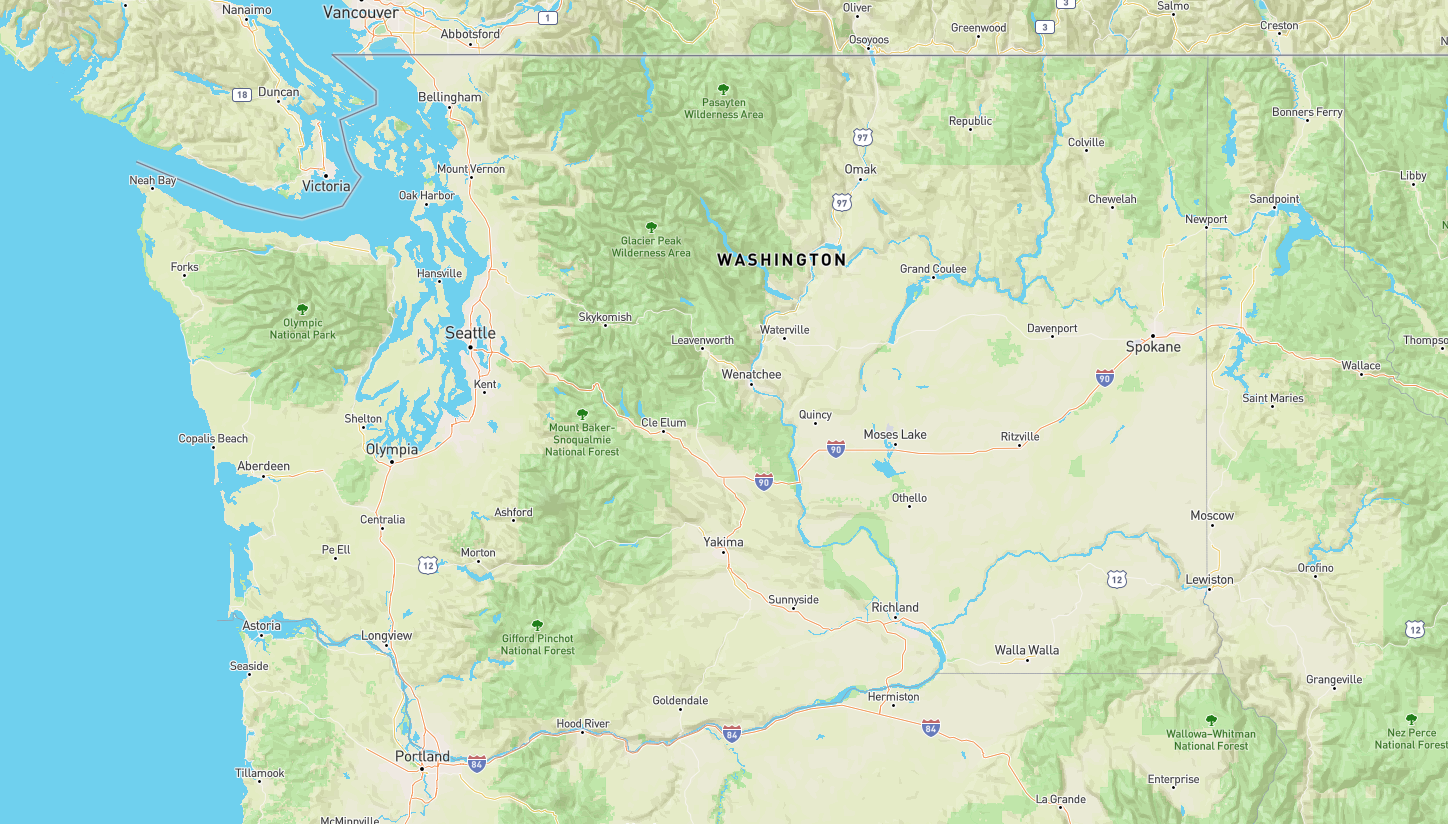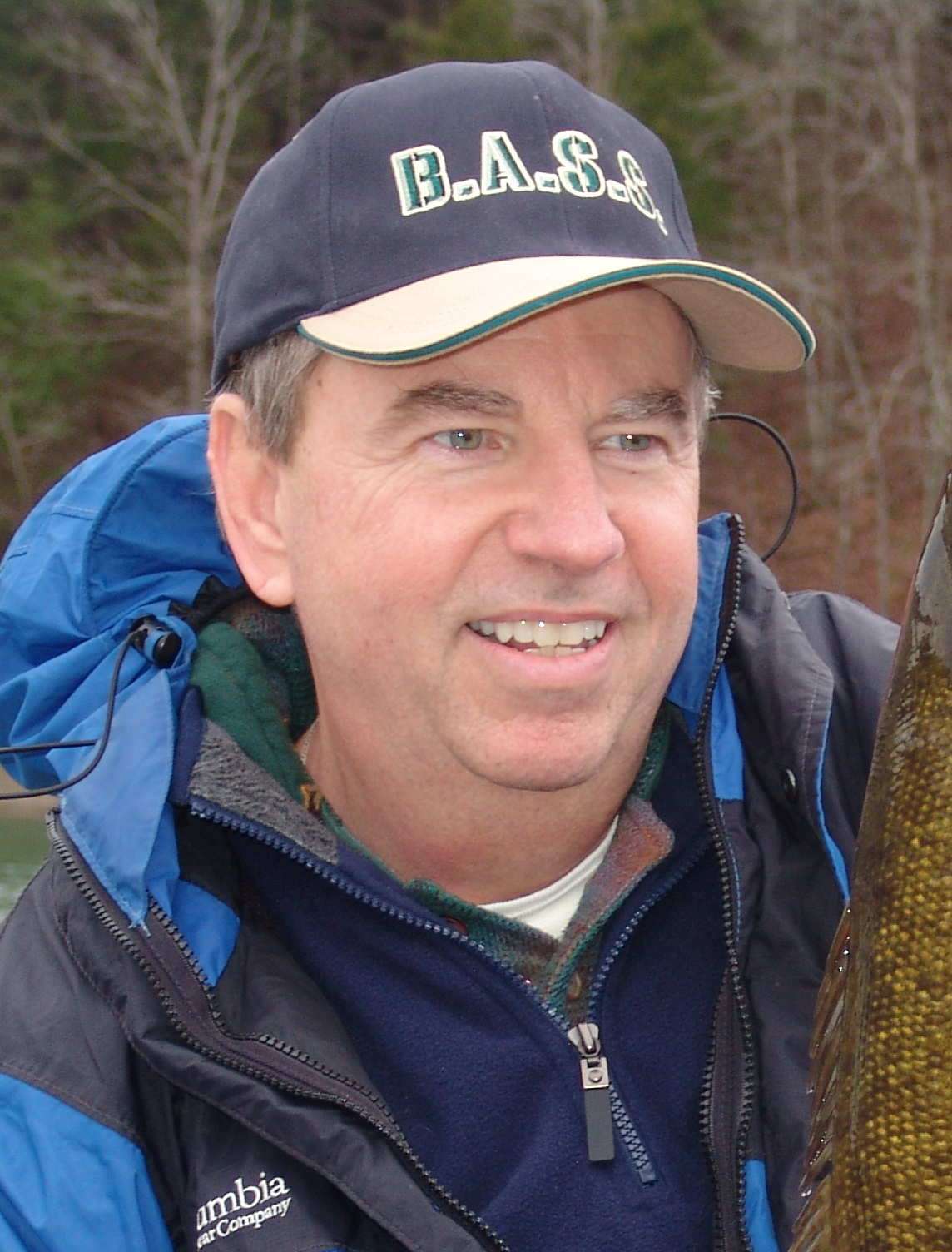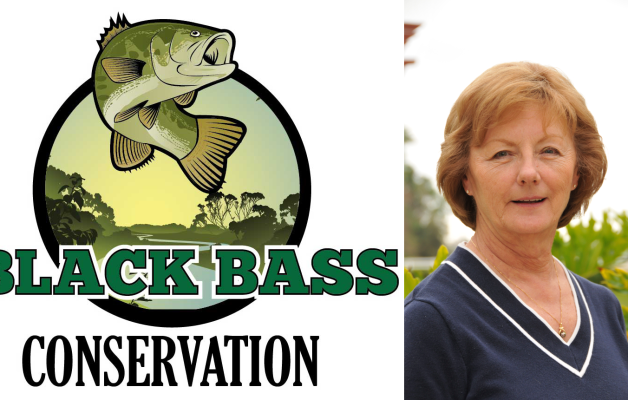
OLYMPIA, Wash. – Bass anglers have long felt marginalized and ignored in the Northwest. Smallmouth bass introduced more than a century ago were blamed for the decline of salmon fisheries with little evidence to support the accusation. And bowing to political pressure, both Oregon and Washington removed bag limits on bass in selected rivers, including the boundary waters portion of the Columbia.
But bass anglers finally won a battle, and likely gained respect for their constituency as well, when they spoke out against a Washington Department of Fish and Wildlife proposal to deregulate even more rivers and streams. The agency framed the proposal as a good way to “simplify” regulations.
“They backed off after a concerted effort from the warmwater anglers led by Joel Nania and others with the B.A.S.S. Nation,” said Gene Gilliland, National Conservation Director for B.A.S.S.
Gilliland facilitated conference calls on the issue and wrote a letter in opposition to the proposal, but, he said, “Joel and others did the heavy lifting in-state.”
“Many went to public meetings, testified and wrote letters and petitions.”
Also, they benefitted from a sympathetic fisheries biologist and a commissioner, who provided tips on how to get their message through.
“The only addition to the no limit on bass will be the Columbia River below Chief Joseph Dam and Snake River and all their tributaries,” Nania said. “All other areas will retain the statewide limit.”
At a pivotal meeting, he added, nearly two dozen anglers voiced their concerns with three-minute presentations each.
“We tried to coordinate so not everyone said the same thing,” Nania explained. “The commissioners were attentive and, during the time in between (presentations), I had a chance to talk with three of them to lobby a bit.”
During his three minutes, Nania pointed out that no data exists to show that removing limits on bass in selected rivers helped salmon and true simplification would be to enact a statewide limit on bass. He also noted that bass fishing is a growth sport in terms of participation, and the state should facilitate and benefit from that popularity by improving warmwater habitat and fisheries. Finally, he told commissioners that trust needs to be restored.
“The move in 2013 to remove limits was widely unpublicized to anglers and the beginning of distrust,” he said. “I sensed in all of the meetings that we have had that the trust is broken and working closely together to grow the sport represents an opportunity to build trust.”
Gilliland echoes similar sentiments in his letter to Washington Fish and Wildlife Commissioners on behalf of B.A.S.S.
“No matter the biological basis, elimination of all protection for the most fished-for species of fish in the United States gives the appearance to the rest of the country that Washington is not interested in supporting the growing economic engine that is bass fishing and that the agency and you as a commission are not interested in the substantial benefits that properly managed and promoted bass fisheries can provide to local and state economies,” he said.
The National Conservation Director also suggested if bass harvest under a no-limit rule is low, the regulation would have little impact on the fisheries, but a decidedly negative impact on the agency. “It leaves a perception that their (warmwater anglers) desires just don’t count and the fish they love to pursue are not considered to have any value.”
Upon announcement that the proposal would not be implemented, Nania thanked the Commissioners “for restoring our faith in the system.
“I fully appreciate your attentiveness and thoughtful deliberations as we warmwater anglers weaved our way through the process of hearings, comments and finally public comments,” he told them in a letter.





